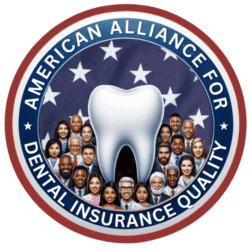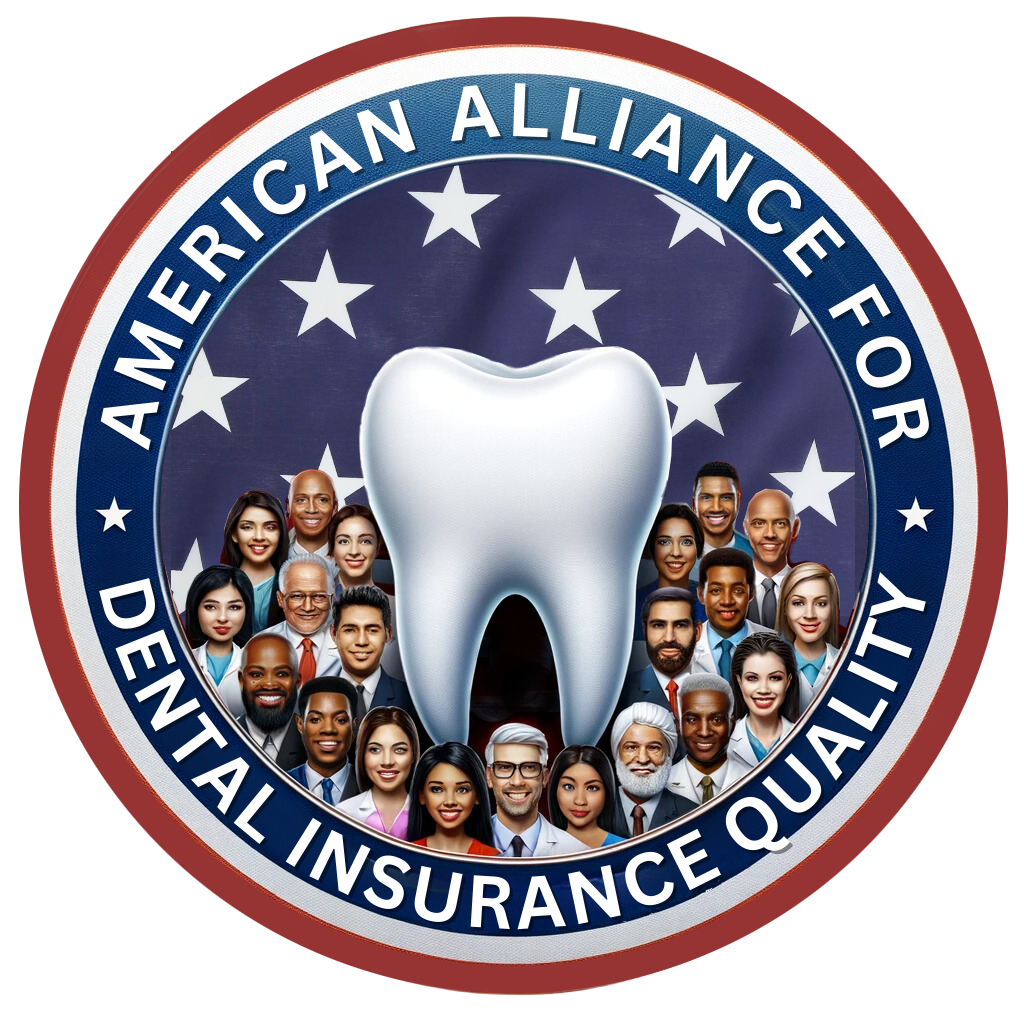Value-Based Payment
Value-based healthcare payments, also known as value-based reimbursement or value-based payment models, are a set of healthcare payment strategies that supposedly focus on the quality, efficiency, and outcomes of healthcare services rather than the volume of services provided.
The idea behind value-based payments is to shift the healthcare system away from the traditional fee-for-service model, where providers are paid based on the number of procedures or services performed, and towards a model that rewards the delivery of high-quality, cost-effective care that produces positive patient outcomes.
Dental providers, like many healthcare professionals, have reasons for opposing certain value-based healthcare payment models.
1. Financial Risk: In some value-based payment models, dental providers may assume financial risk if they fail to meet certain performance or cost-saving targets. This risk can be a significant concern, especially for smaller dental practices or those with limited resources to invest in care coordination and quality improvement efforts.
2. Administrative Burden: Value-based payment models often require extensive data reporting and administrative work to track and report on quality measures and outcomes. Dental providers may find these administrative requirements burdensome and costly to implement.
3. Limited Control: Providers may feel that some value-based models restrict their autonomy and clinical decision-making. They may perceive pressure to conform to specific care protocols or cost-saving measures that they believe could compromise the quality of care or patient satisfaction.
4. Inadequate Risk Adjustment: Concerns about risk adjustment can arise when value-based payment models do not adequately account for the unique patient populations that dental providers serve. Providers who treat more complex or medically compromised patients may worry that they will be unfairly penalized for factors beyond their control.
5. Financial Sustainability: Some dental providers may question the financial sustainability of value-based payment models, especially if they believe that the potential rewards do not outweigh the risks and costs associated with participation.
Indeed, such models appear to be trojan horses that force providers into a capitation model, which is totally unacceptable. As insurers are focused on cost containment, capitation is an end goal for many,
Capitation is a payment arrangement in which healthcare providers receive a fixed, predetermined amount per patient per month or year, regardless of the specific services provided.
The American Alliance on Dental Insurance Quality opposes this move to capitation.
Battle Lines Are Drawn
An editorial published in the Journal of the American Dental Association titled “Value-based care in dentistry – Is the future here?” by Marko Vujicic, the chief economist and a vice president of the ADA’s Health Policy Institute and Guy David, professor of Health Care Management, The Wharton School generated a storm of controversy.
This podcast is a fiery debate on this paper and on value-based health care in general, featuring American Alliance for Dental Insurance Quality’s Dr. Mouhab Rizkallah and Dr. David Leader. They debate the merits of value-based care with Dr. Raymond Cohlmia, DDS, Executive Director of the ADA and Marko Vujicic. Dr. Bob Dee DDS, Founder of the Dentistry In General Dental Community, is the moderator.

